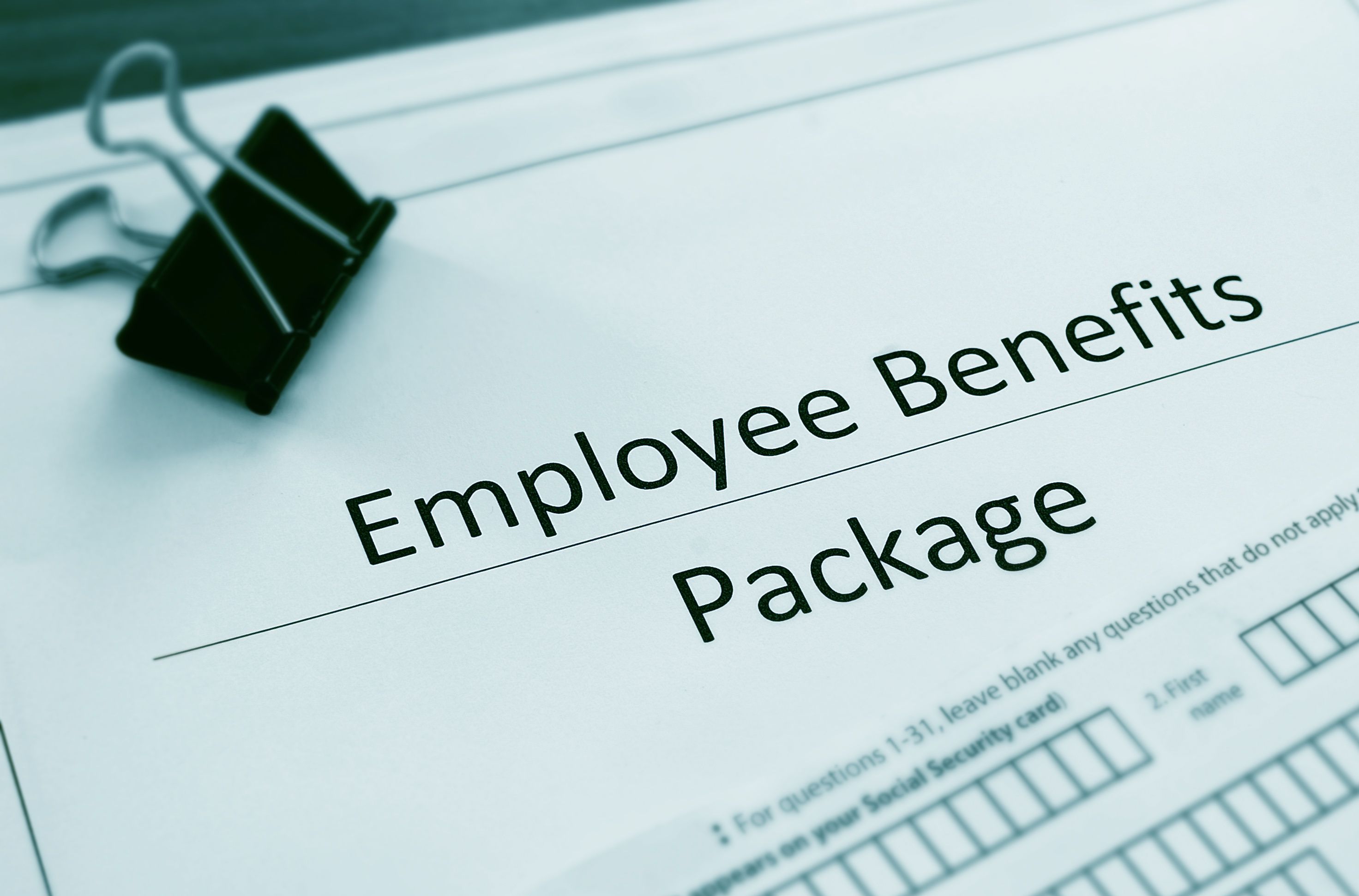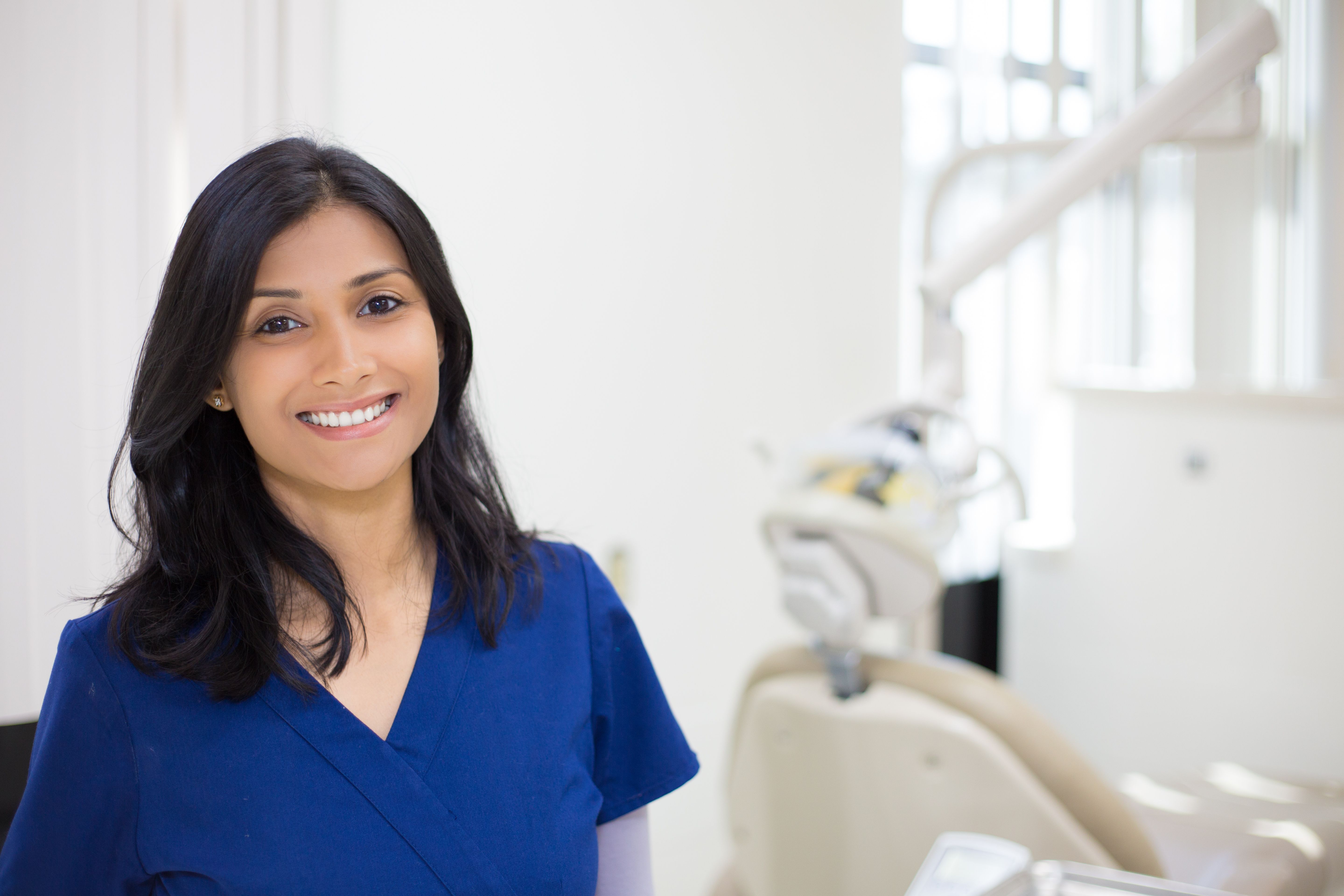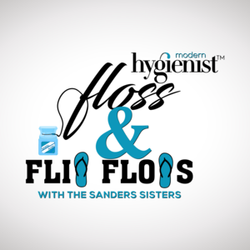Corporate vs. private practice: which is better for hygienists?
Exploring the pros and cons of these workplace settings.
Let’s face it: the industry of dental hygiene is more than saving smiles one tooth at a time. While we’re highly trained to meet the oral and systemic needs of our patients, we also encounter immense stress from various aspects of our careers. These stressors often lead to hygiene burnout.
As resilient providers with the desire to soundly and ethically provide for our patients, it’s important that we remind ourselves of the good work we are called and compelled to do. I often am reminded of that work when I read a copy of the Dental Hygiene Oath, as it demonstrates the immense responsibility we have as providers.
The truth remains, however, that despite our greatest efforts, hygiene burnout exists. Most commonly, of note, burnout exists due to workplace stressors. I know every hygienist LOVES the back-breaking work they do over a patient who arrived 20 minutes late to a front desk whose ambivalence over adhering to a schedule is perfectly paired with a doctor’s reticent attitude over your co-diagnosis or an overzealous employee handbook (eye roll).
Many hygienists believe that choosing to work in a private office helps avoid several workplace stressors. In turn, many new graduates seek work in corporate dentistry because of its incredible benefits. This article addresses the differences in workplace satisfaction between corporate dentistry and private practice. Spoiler alert: both have their benefits and their areas that need improvement.
Disclaimer: This article is constructed to provide generalizations about corporate vs. private practice workplace settings. It’s in no way intended to offend or articulate specific speculations with regards to various work settings. This author works in both corporate and private establishments and appreciates both for their many strengths.








